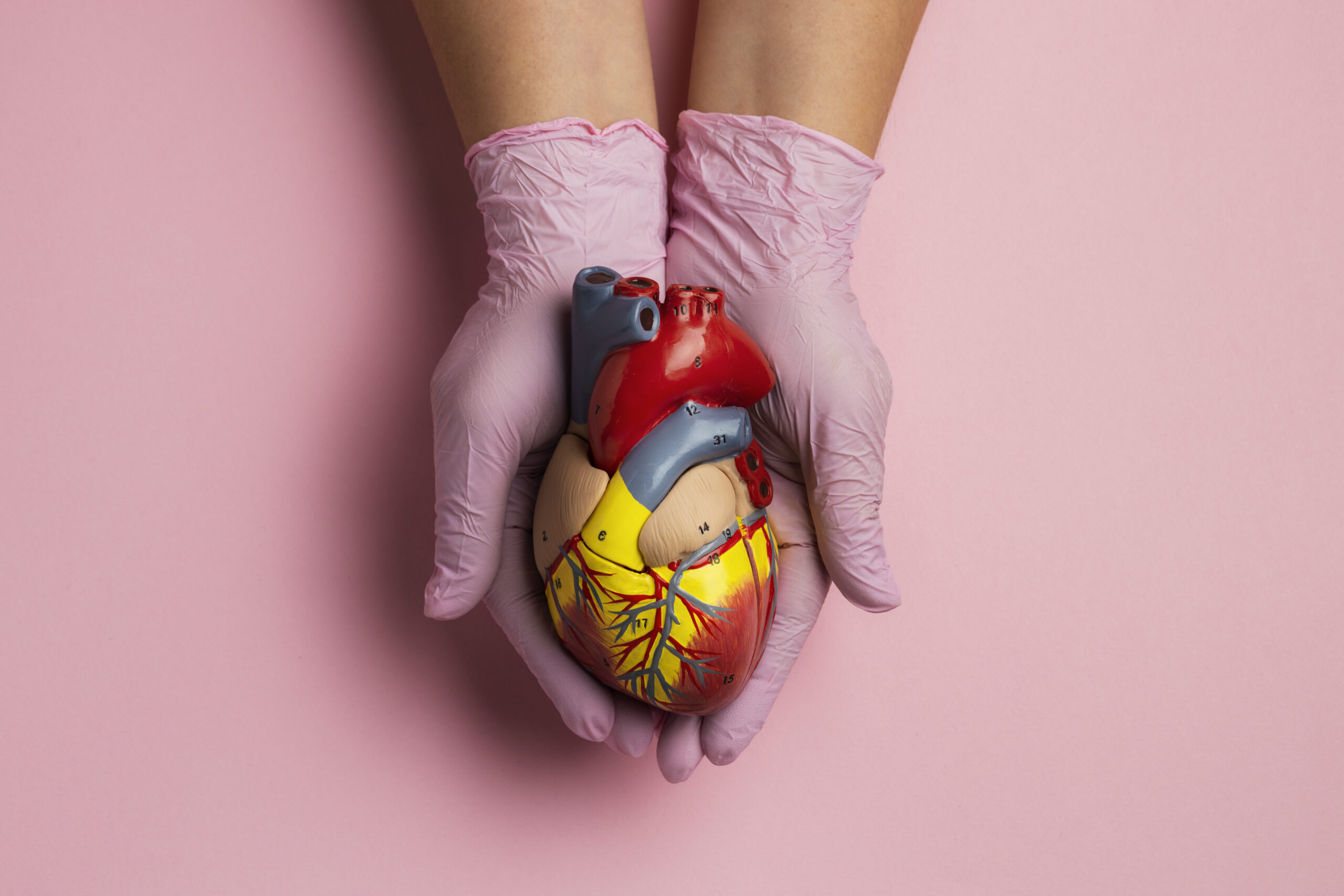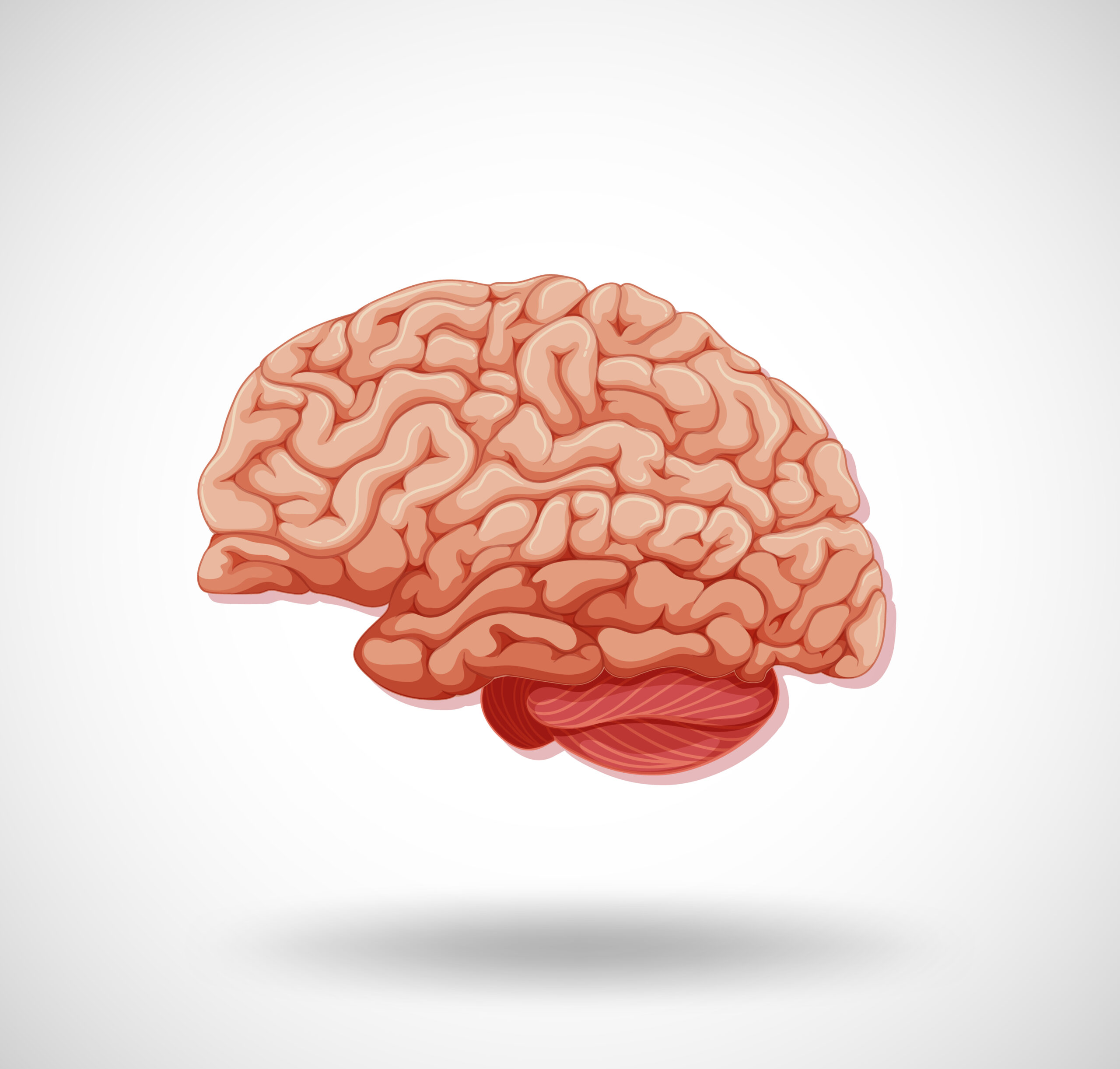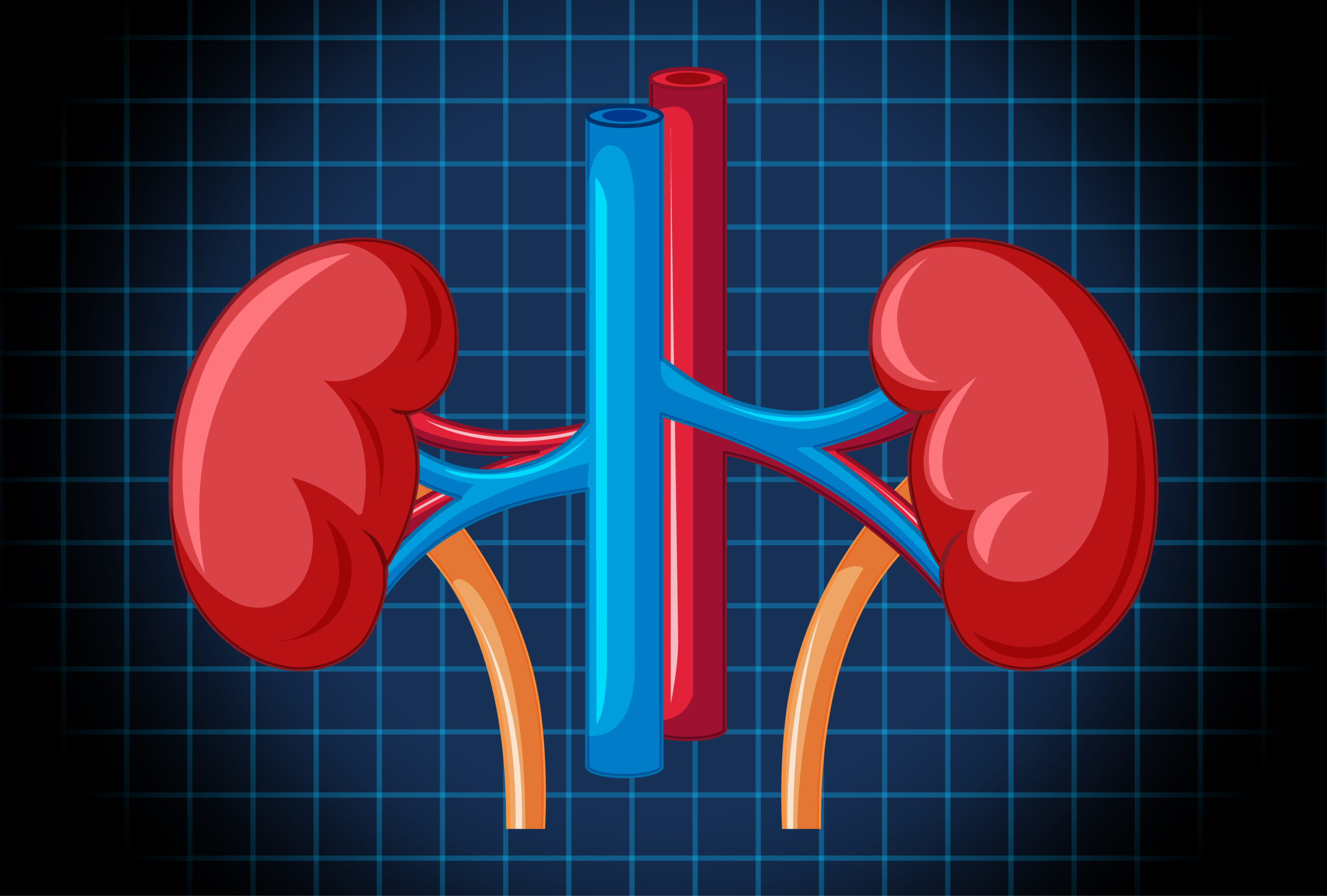Hypertension, commonly known as high blood pressure, is often referred to as the “silent killer” because it can quietly wreak havoc on your body without showing obvious symptoms. When left uncontrolled, hypertension becomes a major risk factor for serious health complications. In this blog, we will explore the various ways uncontrolled hypertension affects the body and why it’s crucial to keep this condition in check.

The Cardiovascular System:
- Increased Strain on the Heart: Uncontrolled hypertension forces the heart to work harder than normal, leading to increased strain on the cardiovascular system. Over time, this can result in the thickening of the heart muscle (left ventricular hypertrophy), which compromises its ability to pump blood efficiently.
- Risk of Heart Attacks and Stroke: Persistent high blood pressure damages the arteries, making them more susceptible to plaque buildup. This, in turn, increases the risk of atherosclerosis, which can lead to heart attacks and strokes. The damaged blood vessels may also rupture, causing internal bleeding.
- Aneurysms: Hypertension weakens the walls of blood vessels, making them prone to developing aneurysms – bulges that can rupture and cause life-threatening bleeding.

The Brain:
- Cognitive Decline: Chronic hypertension can damage the small blood vessels in the brain, contributing to cognitive decline and an increased risk of developing conditions like vascular dementia.
- Increased Risk of Stroke: Hypertension is a major contributor to ischemic and hemorrhagic strokes. The elevated pressure can cause blood vessels in the brain to burst or become blocked, depriving the brain of oxygen and nutrients.

The Kidneys:
- Kidney Damage: The kidneys play a crucial role in regulating blood pressure. Uncontrolled hypertension can damage the small blood vessels in the kidneys, leading to reduced kidney function and, in severe cases, kidney failure.
- Proteinuria: Hypertension can cause an abnormal amount of protein to be excreted in the urine, a condition known as proteinuria. This is a sign of kidney damage and an indication that the organs are not filtering waste properly.

The Eyes:
- Vision Impairment: Hypertension can damage the blood vessels in the eyes, leading to vision problems and, in extreme cases, blindness.
- Retinopathy: Uncontrolled high blood pressure can contribute to the development of hypertensive retinopathy, a condition where the blood vessels in the retina are damaged, impacting vision.
Uncontrolled hypertension is a serious health risk that affects multiple organ systems in the body. The consequences are not limited to the heart but extend to the brain, kidneys, and eyes. Recognizing the importance of monitoring blood pressure, adopting a healthy lifestyle, and seeking medical intervention when necessary is crucial in preventing the potentially life-threatening complications associated with high blood pressure. Regular check-ups, a balanced diet, exercise, and stress management can all play vital roles in maintaining optimal blood pressure levels and safeguarding your overall well-being.




